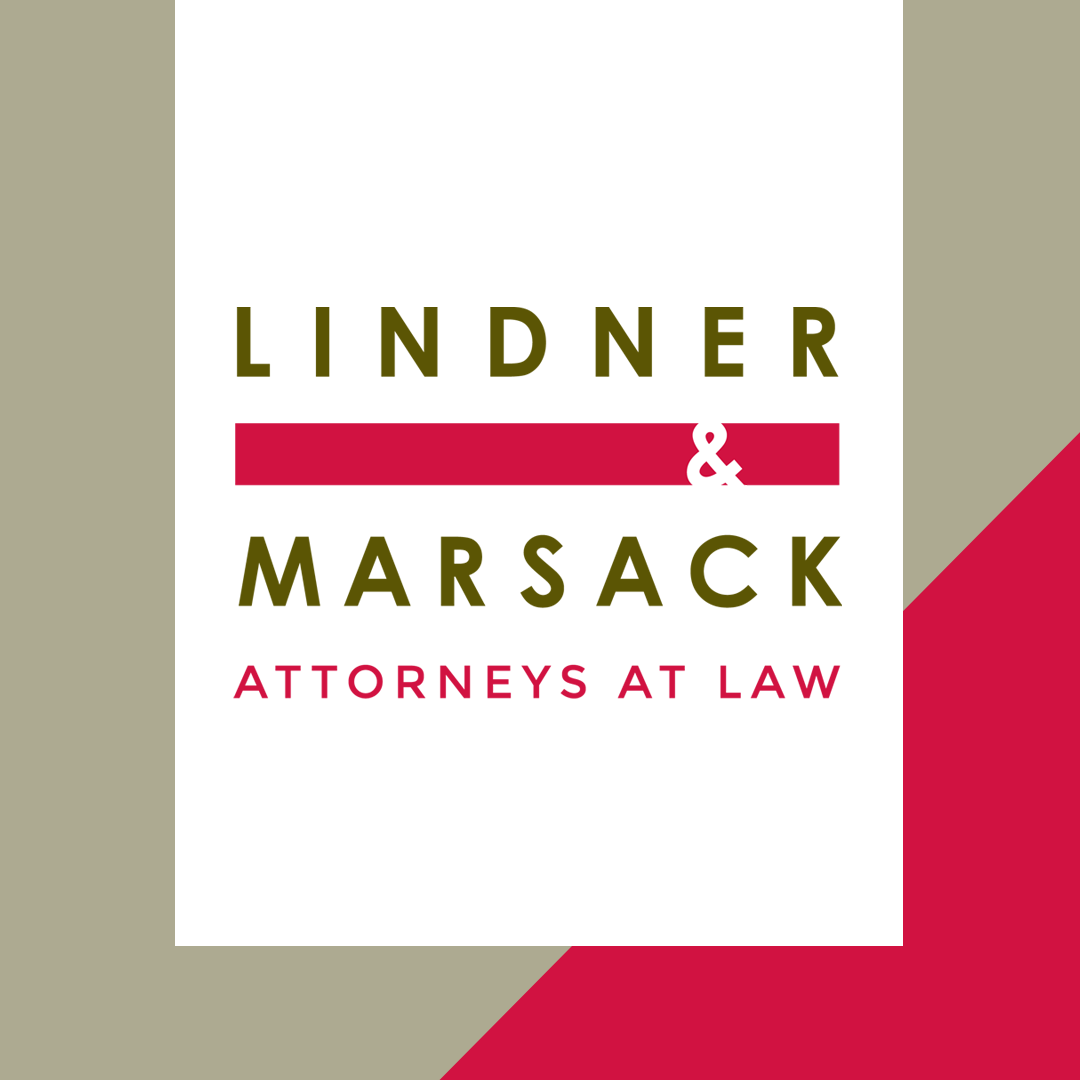On April 10, 2020, the Office of Worker’s Compensation advised that it will continue to convert all in-person hearings, prehearings, and mediations to conferences conducted by telephone, or video conference for the foreseeable future. Please click here for more information. Thank you.

